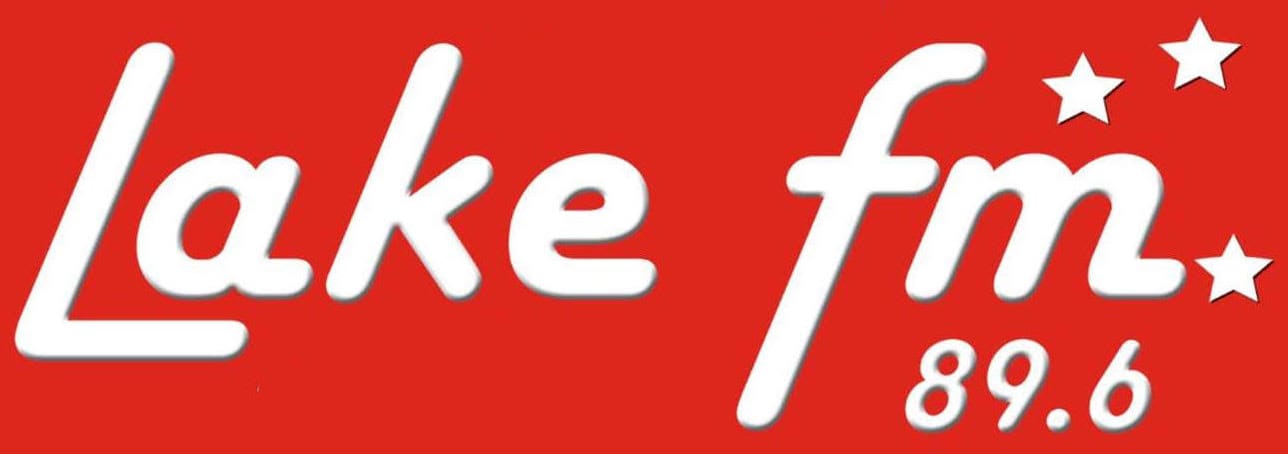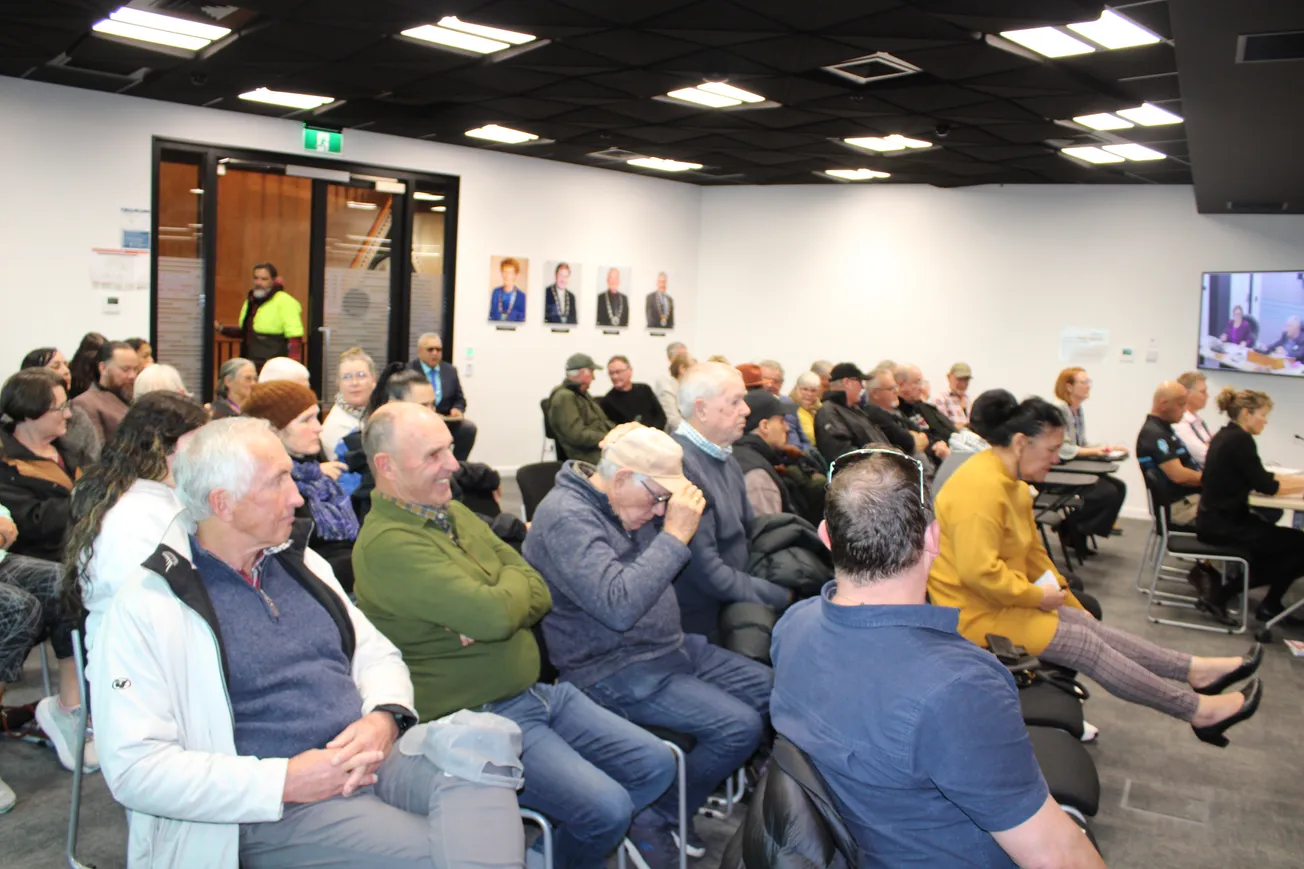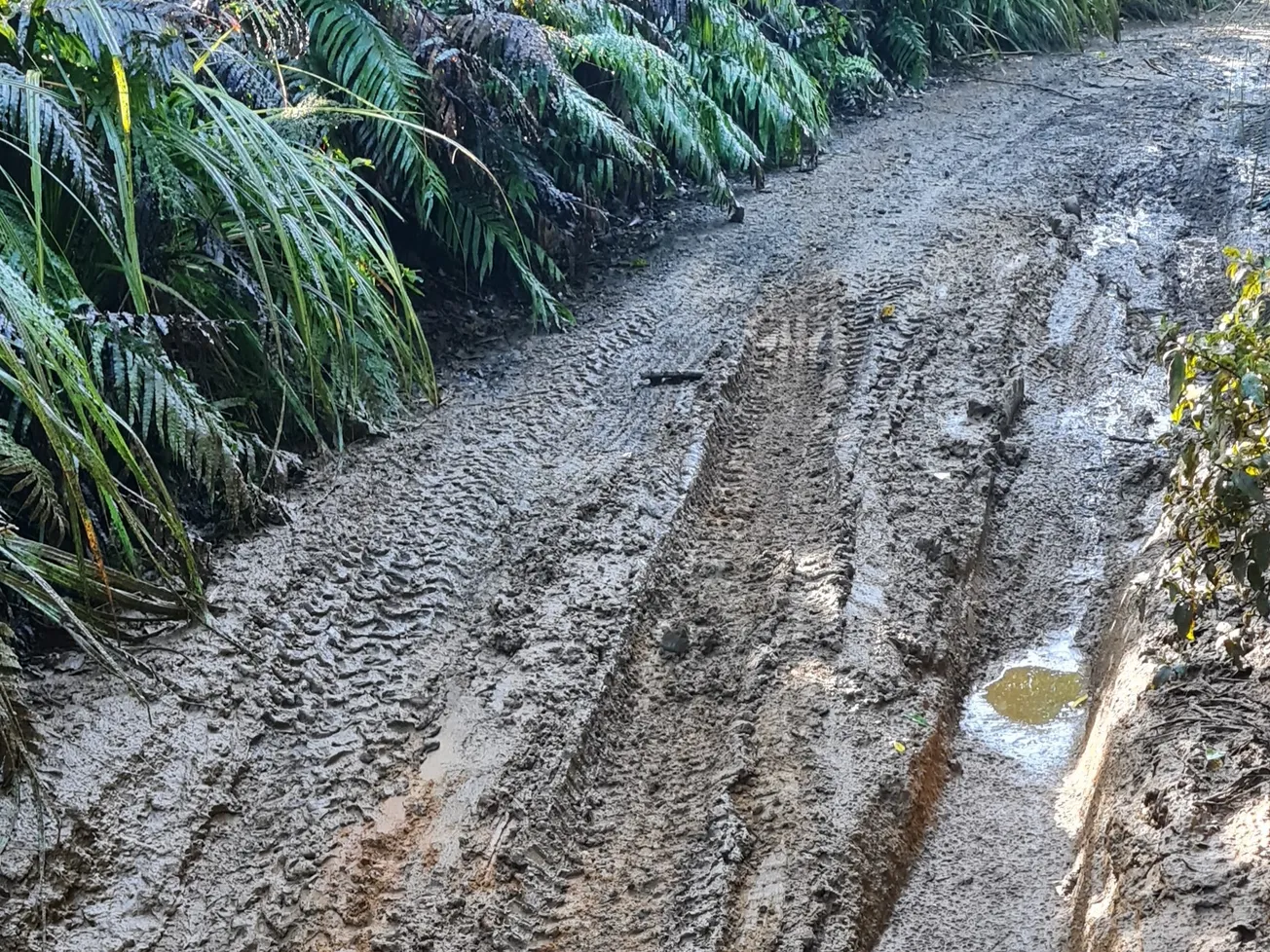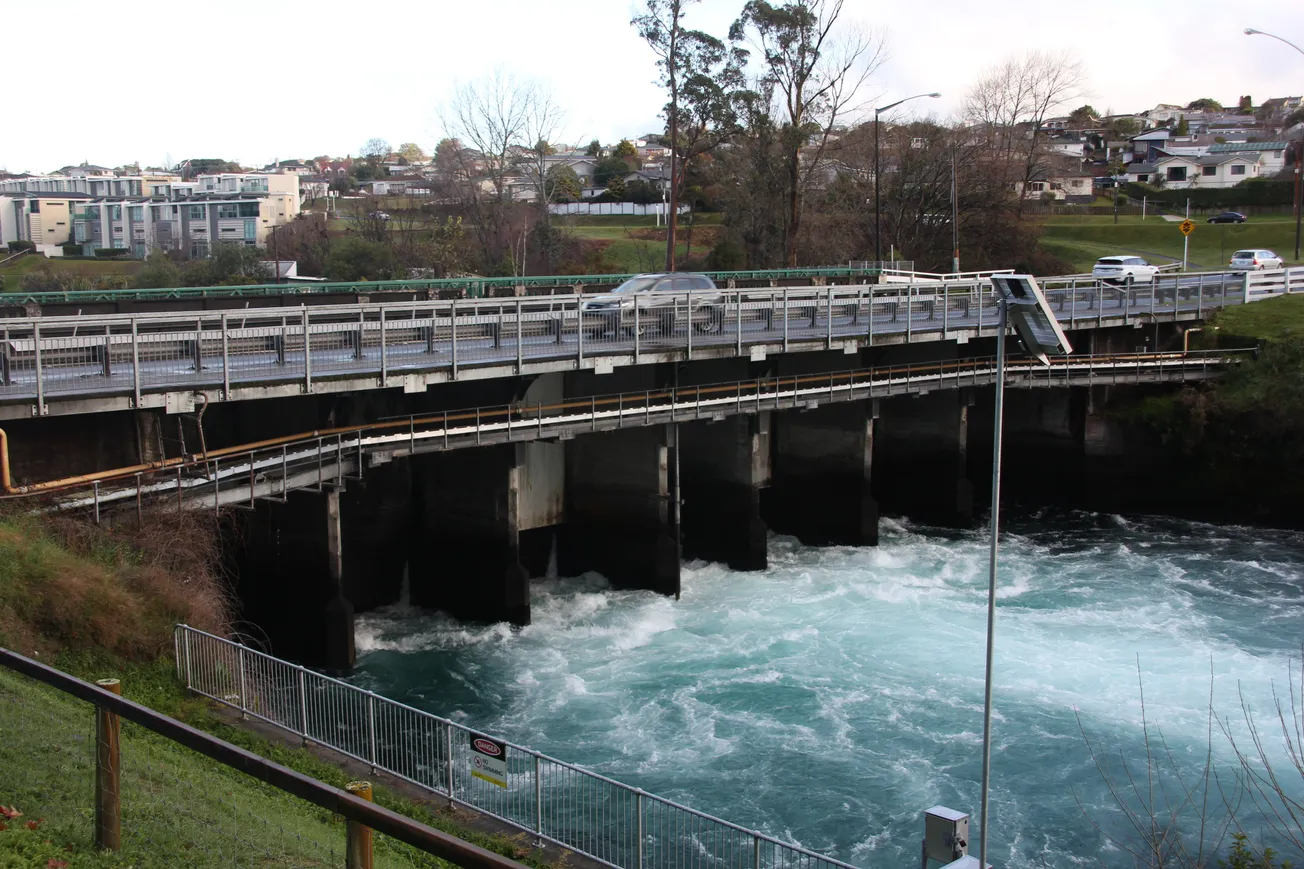The Southern Lakes Volunteer Fire Brigade has donated an advanced Lifepak 15 defibrillator, originally gifted to them through community fundraising, to the Pihanga Health Trust. Fire and Emergency New Zealand (FENZ) specialist response manager Aaron Waterreus says the brigade remains equipped with defibrillators appropriate to their level of training.
So what happened?
A new memorandum of understanding (MOU) between Fire and Emergency and Hato Hone St John which was signed late last year meant the Lifepak 15 defibrillator the brigade had been given by the Omori/Western Lake Taupō Charitable Trust in 2018 was no longer on the approved equipment list for Fire and Emergency first responders.
The Omori/Western Lake Taupō First Response Charitable Trust expressed disappointment in a statement, saying: "The Omori First Response crew are extremely disappointed by this decision, as the Lifepak 15 has played a crucial role in providing high-quality care to patients in our community."
All Fire and Emergency brigades respond to medical emergencies under MOUs with Hato Hone St John and Wellington Free Ambulance, said Waterreus.
“These responses typically involve life-threatening injuries and cardiac arrests…
“The Lifepak 15 defibrillator they previously had is classified as registered medical equipment intended for use by personnel trained in advanced medical care.”
However, the brigade which transitioned to a first response brigade about 18 months ago, was equipped with defibrillators appropriate to their level of training, said Aaron Waterreus.
“Fire and Emergency has provided them with a Lifepak 1000 defibrillator which aligns with their training and operational requirements.”
Fire and Emergency New Zealand operates 58 medical first response crews around the country alongside Hato Hone. The crews receive advanced medical response training, and play a crucial role in supporting ambulance services, particularly in remote areas, by responding to a wider range of medical emergencies.





